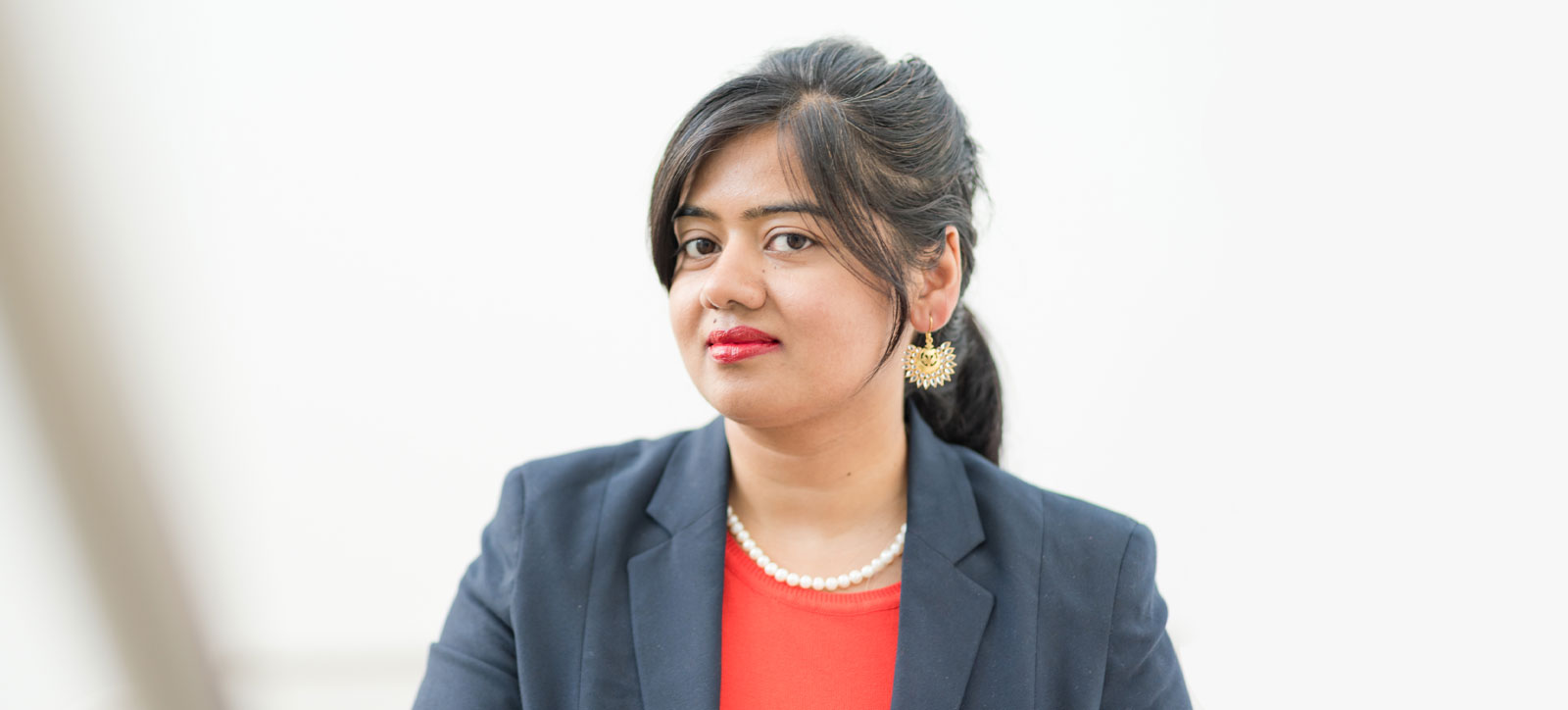
Advocating for equality: Dr Shweta Singh from WBS has been selected as a UN Women UK delegate
The United Nations has selected Warwick Business School academic Shweta Singh as a UK delegate for the 68th Session of the Commission on the Status of Women.
Dr Singh, who is Assistant Professor of Information Systems and Management, was chosen as a UN Women UK volunteer delegate from several thousand nominees to advocate for equal opportunities for women in education.
It comes months after WBS became the first UK business school to earn an Athena Swan Gold Award for its work to improve gender equality.
Dr Singh will work with activists, advocates, experts, and governments from around the globe to drive change and create equal opportunities for women and girls.
“Although we have fought for equality, we haven’t yet achieved equal rights for women in education, employment, or positions of leadership,” said Dr Singh.
“There cannot be a sustainable society if gender equality doesn’t exist. We can only move forward once we invest in equal opportunities for women.
“My role involves driving change for equal opportunities for women in education, because when you educate a woman, you educate a generation.”
Why gender equality remains a key challenge
By the end of 2022, it was estimated that 383 million women and girls live in extreme poverty. Based on the current rate of progress, experts believe it will take:
- 286 years to close legal gaps and remove discriminatory laws.
- 140 years for women to be represented equally in positions of power and leadership at work.
- At least 40 years to achieve equal representation in national parliaments.
“This is a key moment to take stock of our progress and ensure that women and girls are not left – or worse still, pushed – behind,” said Dr Singh.
“Investing in women is an economic imperative, a human rights issue, and a cornerstone of building inclusive societies.”
Dr Singh will spend a year contributing to multiple projects alongside government representatives, senior civil servants, lawmakers, and other stakeholders to address gender inequalities in education.
She took part in an event to observe International Women’s Day on March 8, followed by the opening of the 68th Session of the Commission on the Status of Women and an interactive expert panel.
“One of my key research areas revolves around reducing inequalities, advocating gender equality, and promoting inclusive societies,” she said.
“This is an issue which is very close to my heart. Gender equality is a purpose that should unite us all and we have to be prepared to fight to make it a reality.”
Further reading:
Responsible AI - a new online tool to protect vulnerable children from harmful content
What is responsible AI and why do we need it
Biased AI poses a threat to academic freedom that must be confronted




 X
X Facebook
Facebook LinkedIn
LinkedIn YouTube
YouTube Instagram
Instagram Tiktok
Tiktok